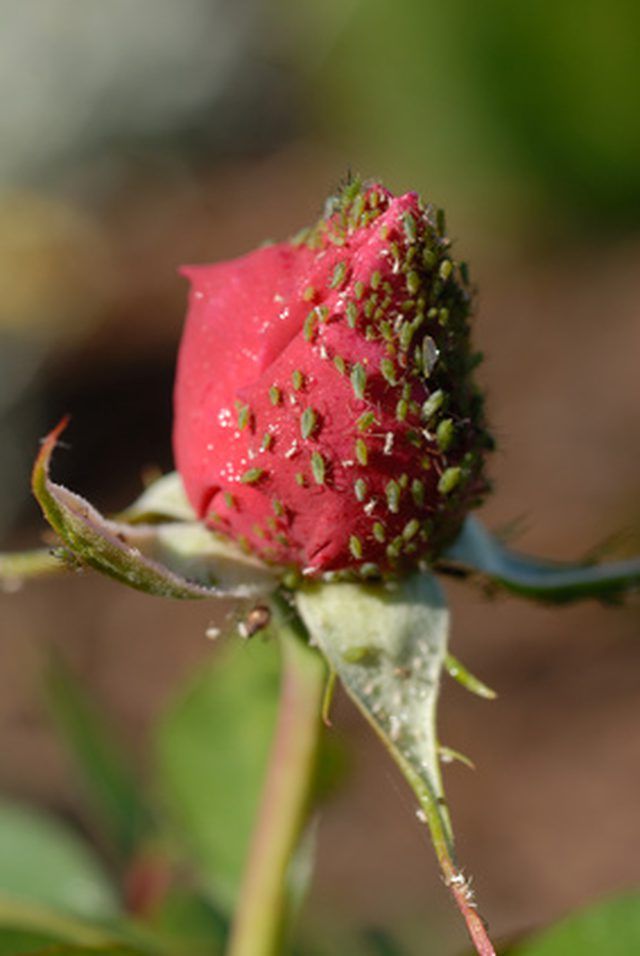Bulbs
Flower Basics
Flower Beds & Specialty Gardens
Flower Garden
Garden Furniture
Garden Gnomes
Garden Seeds
Garden Sheds
Garden Statues
Garden Tools & Supplies
Gardening Basics
Green & Organic
Groundcovers & Vines
Growing Annuals
Growing Basil
Growing Beans
Growing Berries
Growing Blueberries
Growing Cactus
Growing Corn
Growing Cotton
Growing Edibles
Growing Flowers
Growing Garlic
Growing Grapes
Growing Grass
Growing Herbs
Growing Jasmine
Growing Mint
Growing Mushrooms
Orchids
Growing Peanuts
Growing Perennials
Growing Plants
Growing Rosemary
Growing Roses
Growing Strawberries
Growing Sunflowers
Growing Thyme
Growing Tomatoes
Growing Tulips
Growing Vegetables
Herb Basics
Herb Garden
Indoor Growing
Landscaping Basics
Landscaping Patios
Landscaping Plants
Landscaping Shrubs
Landscaping Trees
Landscaping Walks & Pathways
Lawn Basics
Lawn Maintenance
Lawn Mowers
Lawn Ornaments
Lawn Planting
Lawn Tools
Outdoor Growing
Overall Landscape Planning
Pests, Weeds & Problems
Plant Basics
Rock Garden
Rose Garden
Shrubs
Soil
Specialty Gardens
Trees
Vegetable Garden
Yard Maintenance
How to Use Dish Soap as a Surfactant in an Organic Spray
How to Use Dish Soap as a Surfactant in an Organic Spray. Some miniscule garden insects, such as aphids, cause major damage to plants. Eco-friendly solutions, such as homemade sprays including dish soap as a surfactant, help control pests. A surfactant is a "surface acting agent" that binds the ingredients in a spray so the spray can...

Some miniscule garden insects, such as aphids, cause major damage to plants. Eco-friendly solutions, such as homemade sprays including dish soap as a surfactant, help control pests. A surfactant is a "surface acting agent" that binds the ingredients in a spray so the spray can evenly coat bug-covered leaves. Some gardeners simply combine water and dish soap to create a spray that can dehydrate soft-bodied insects such as aphids. Others mix water, dish soap and cooking oil, which smothers them.
Things You'll Need
Water
Sunflower or safflower oil
Dish soap such as Dawn or Joy
Spray bottle
Controlling Garden Pests with Dish Soap Spray
Check roses, flowers and other garden plants for blossoms that are wilting too early and for leaves that are yellowing, curling or mottling. Look for insects so small that you might miss them except for the damage. Eric Ronning, author of the garden website How to Get Rid of Things, says aphids are particularly dangerous. "With aphids you need to pull out a little bit of Arnold vs. Predator. You have to play it smart, because if youíre not paying attention itís all over."
Consider advice from a variety of garden writers before spraying to see what will work for your schedule. Some, such as Ronning, say to spray for aphids once a week. Others, such as Brenda Hyde of the website Old Fashioned Living, suggest spraying only three times, but once every five days "to interrupt the egg cycle." The first application kills the adults but not the eggs, the second spray eliminates the hatchlings and the third "catches any leftovers," Hyde says.
Prune away colonies of aphids or other pests so there are less invaders to overcome, Ronning says. Then mix up one of the sprays. For the simpler water and soap spray, he says to combine 2 tsp. of mild dish soap to a spray bottle full of lukewarm water. For the oil spray, mix 3 cups of lukewarm water, 1 cup of cooking oil and a few drops of dish soap. Then get ready to do battle.
Hyde suggests waiting until late afternoon or twilight before spraying, because direct sunlight's interaction with the spray can cause sunburn. Ronning says this occurs because the oil magnifies the sunlight. Both recommend spraying the undersides of leaves where aphids love to hang out. Shake the spray bottle every now and then to make sure the mixture is well-blended.
Don't be careless with garden good guys. When spraying, Hyde says "to be careful and not hit any beneficial insects because it can kill them too." Finally, she warns not to use a soap spray on red cabbage, cauliflower or squash, because at least one study showed it to be harmful to those plants.
Tips & Warnings
Ronning says to wash food plants well before eating if they have been treated with either soap spray.